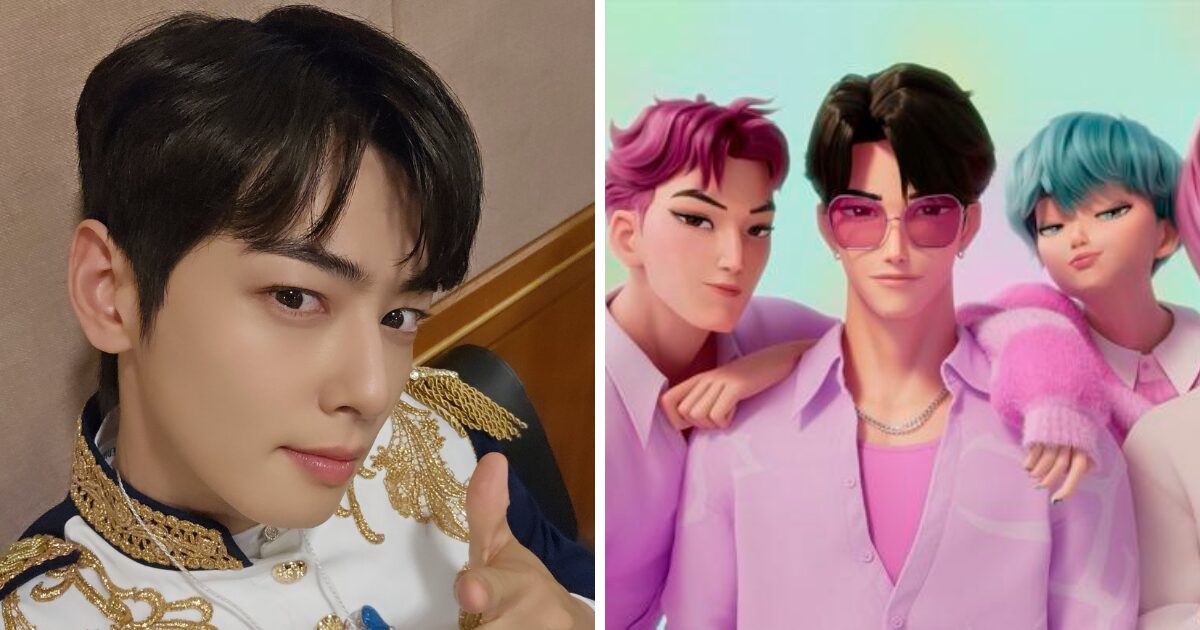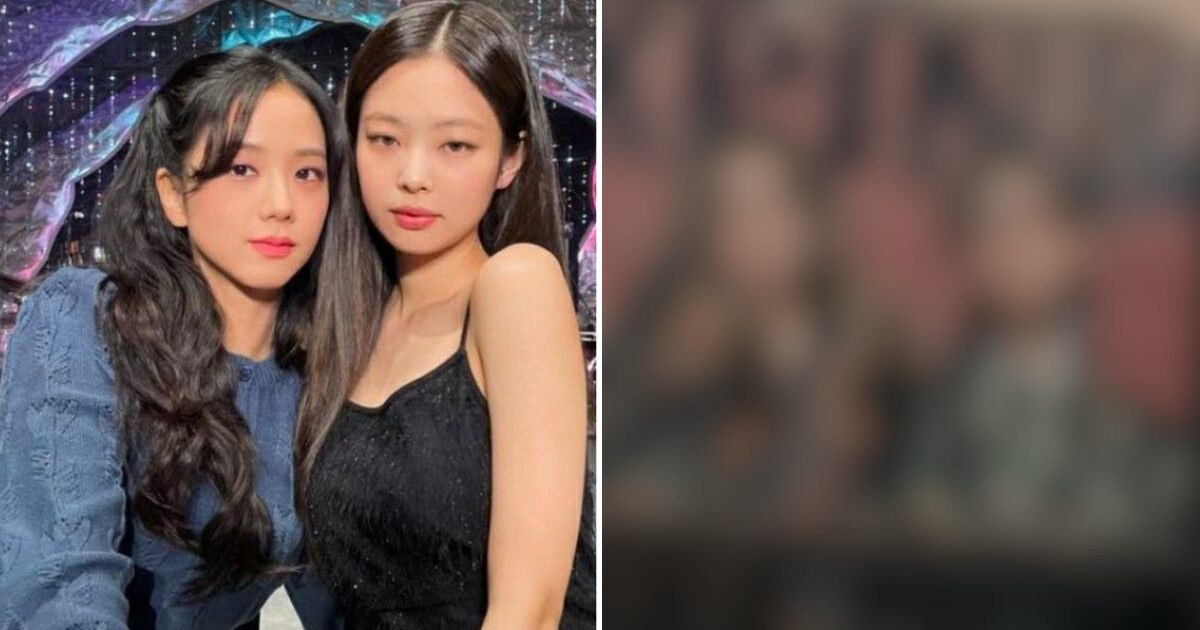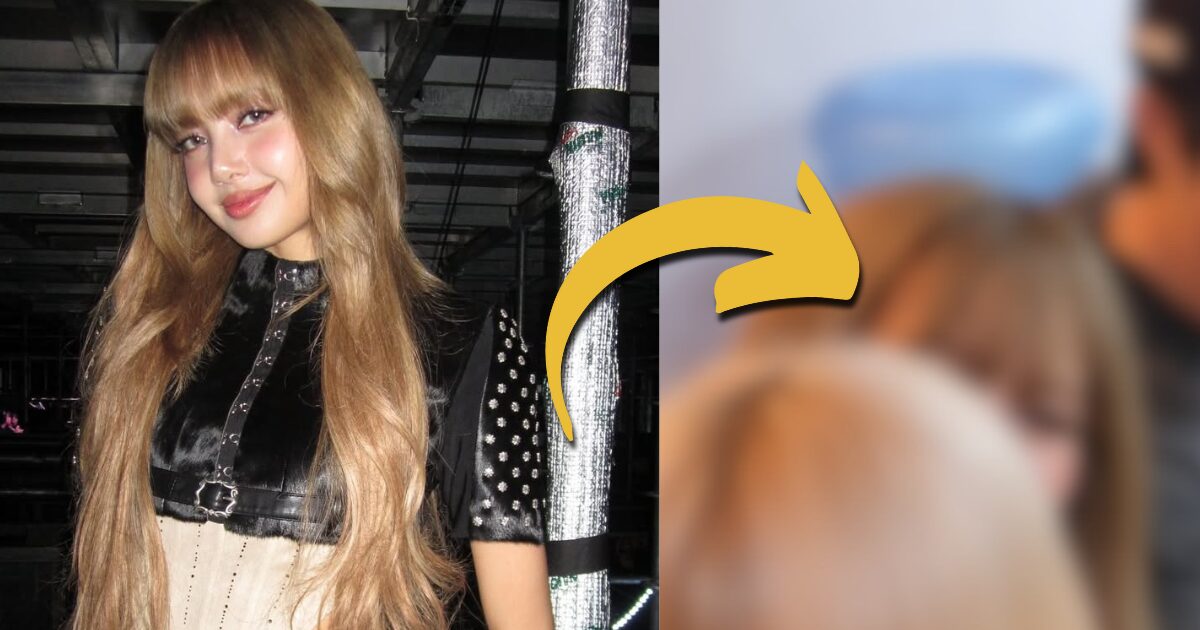K-pop idols selling fans an image of relatable struggle at some point is part of the brand building since its inception, tugging at heartstrings to get you to spend your money. But as K-pop has gone more and more mainstream, it’s become more and more populated with basically rich kids, which has made these stories — to me, anyway — a bit more amusing.
Perhaps one of the most extreme and funnier versions of this dynamic involved ALLDAY PROJECT‘s Annie, who is a Shinsegae Group heiress, and told her story of her struggle and how she had to fight for her debut in the group on ZIP Daesung.
Her deal was her family was against it unless she got into an Ivy League college.
It took about ten years. At first they were 100% against it. But I kept saying I really wanted to do this. And finally, the deal was, ‘If you get into the Ivy League, we’ll let you.’
Ivy League alone is a bit of an extreme variation on the “you have to study well” story, but also it’s true that for you or me or most people, it’s definitely something that would be a big ask. In this telling of the story, it’s something she had to work hard for and overcome in order to please her family and live out her dream.
Indeed, she ended up getting into Columbia University, though it was very much not like you and me, as her grandfather has a graduate degree from Columbia and pre-debut articles about her have pointed out that the school has a legacy admission system. That’s ignoring the heiress part, which also likely helped distinguish her from even among the privileged, especially given that her sister also went to Columbia. That makes the story sound less like her having to rebel against her family to be an idol, and more like it was a pre-determined outcome, much like her admission. Forgive me for being cynical, but it reeks of a PR background.
To be fair, this focuses too much on Annie (Naver heir LOREN is also there), as I really have nothing against her, but it’s definitely the most extreme version of the contrast between where idols hailed from generations ago to where they hail from now. Watching this made things abundantly clear that the same template used in the past doesn’t quite hit the same with the new reality of the industry demographics.
Of course, it’s not necessarily a bad thing. One could argue that given the inherent abusive and exploitative nature of the industry, rich kids who are at far less risk of having their lives ruined by trying this route is preferable. On the other hand, said privileged kids usually take up the spots at the biggest companies that are success stories by virtue of debuting without needing that advantage, leaving many less fortunate kids at the whims of even shadier smaller companies, and that’s not even to mention what it might mean for the overall talent level in K-pop and its impact on quality. Regardless of where you stand, it’s at least abundantly clear in the most recent generation that it’s definitely a new era and normal.




















 English (US) ·
English (US) ·